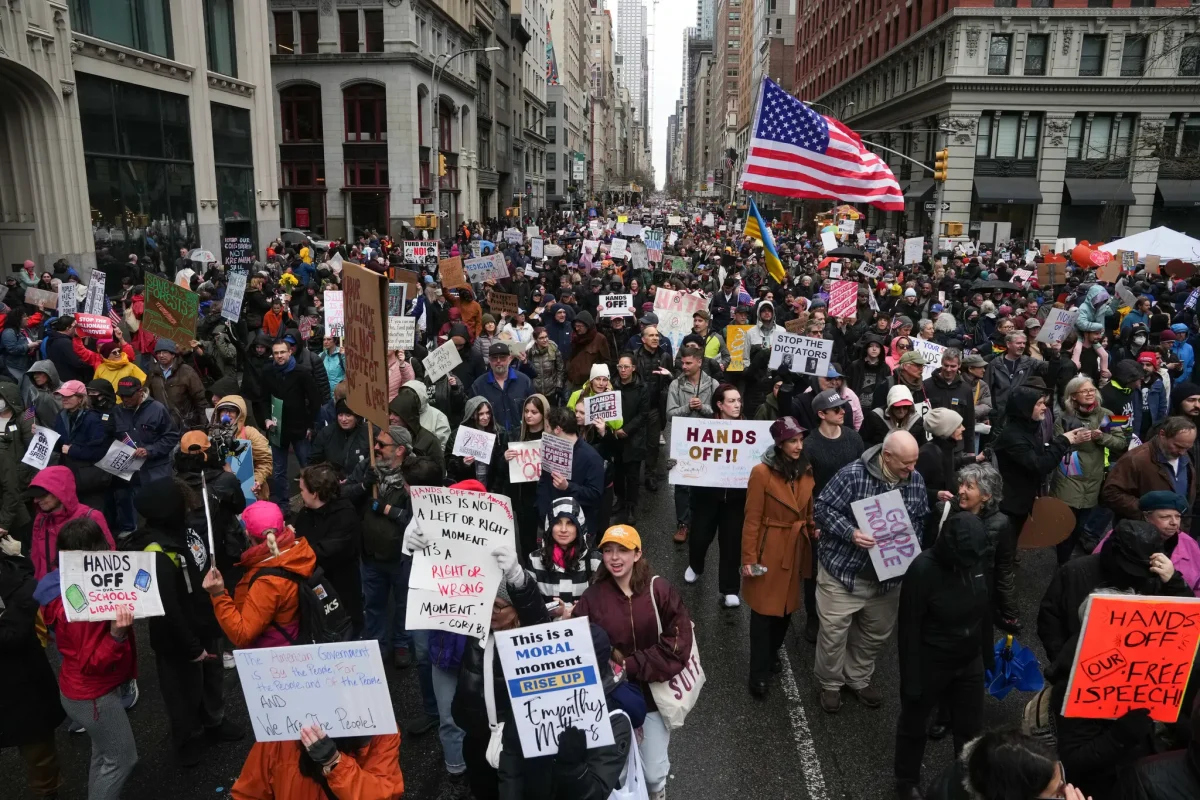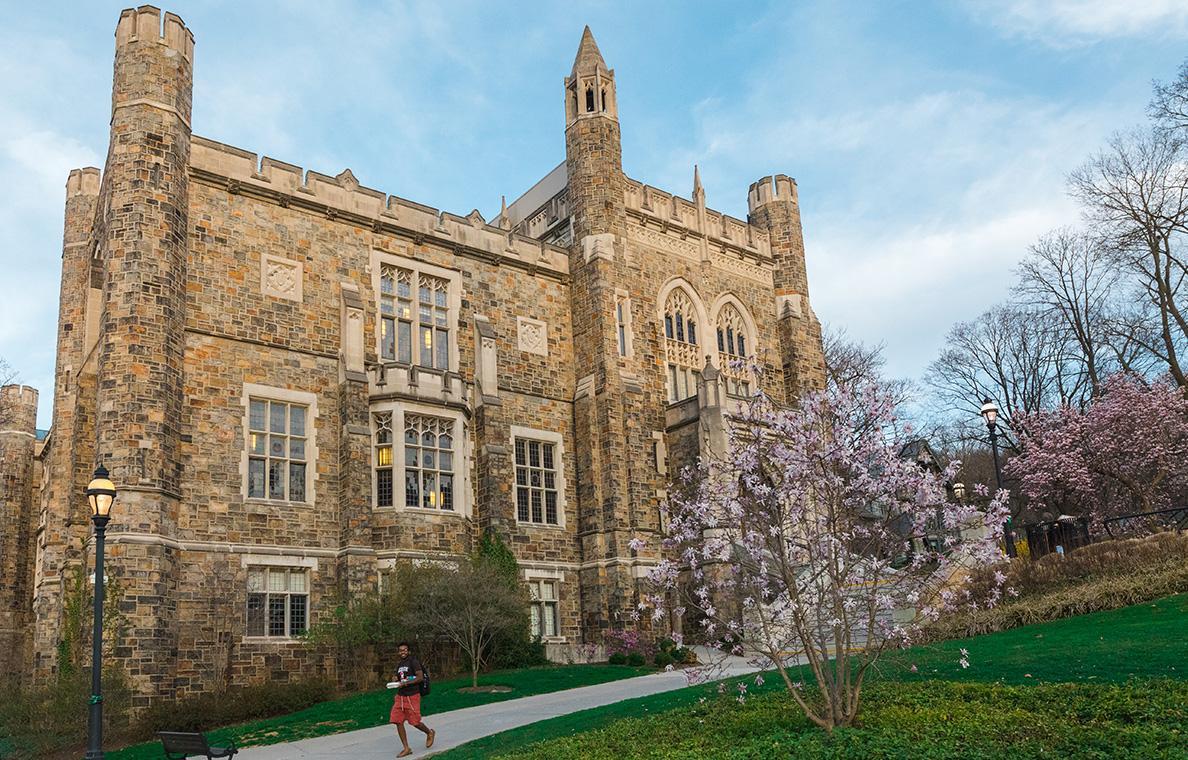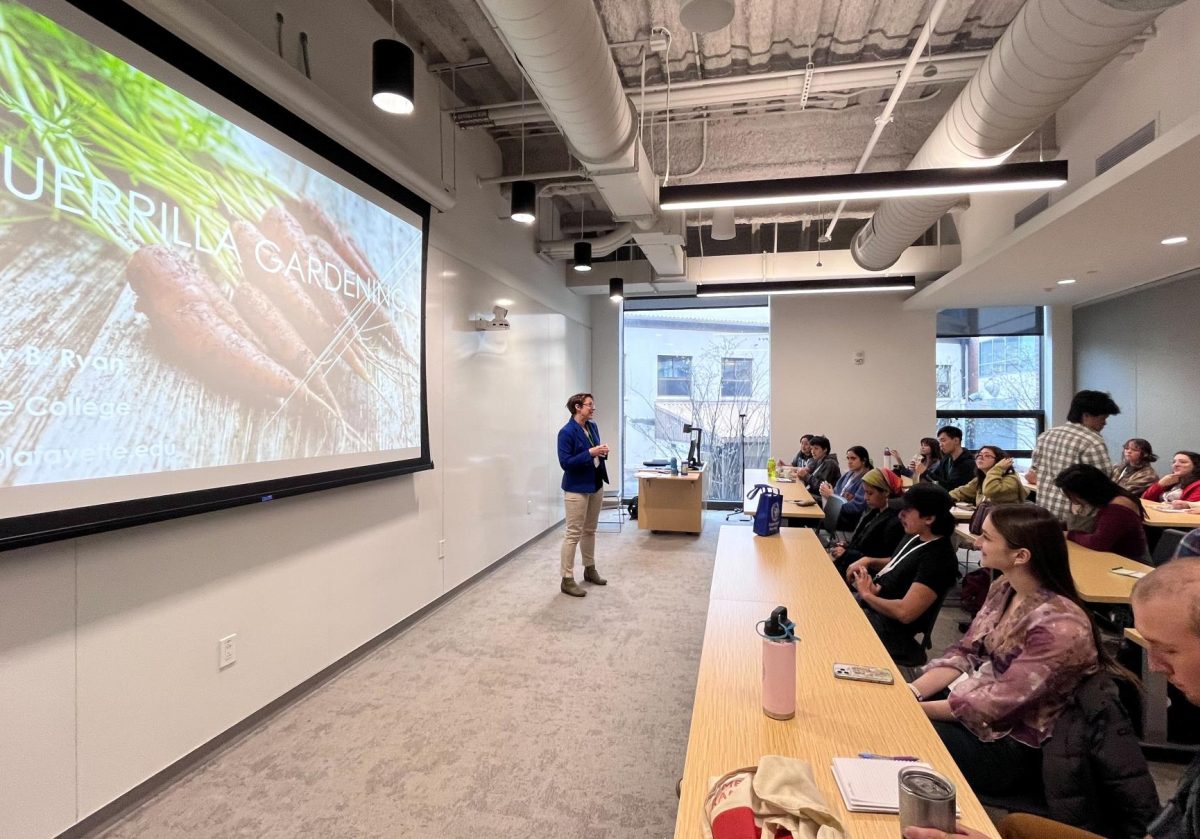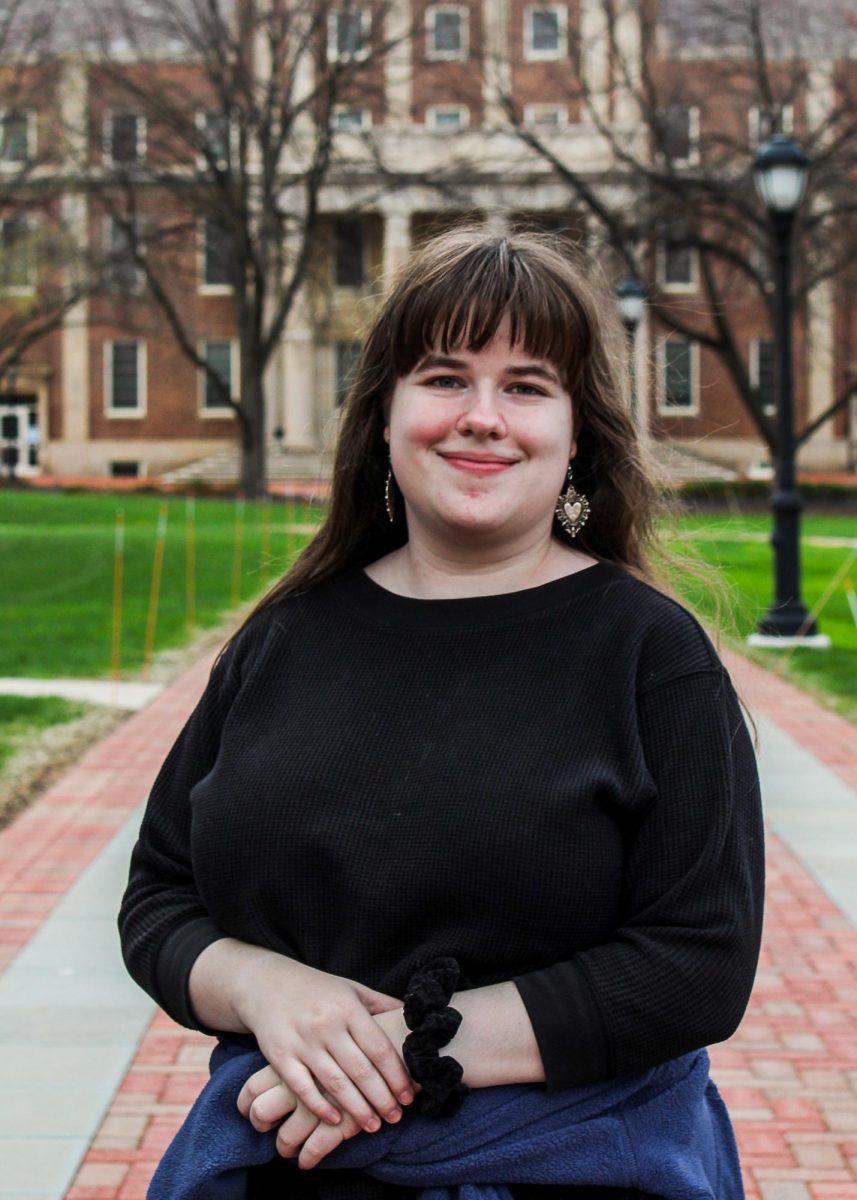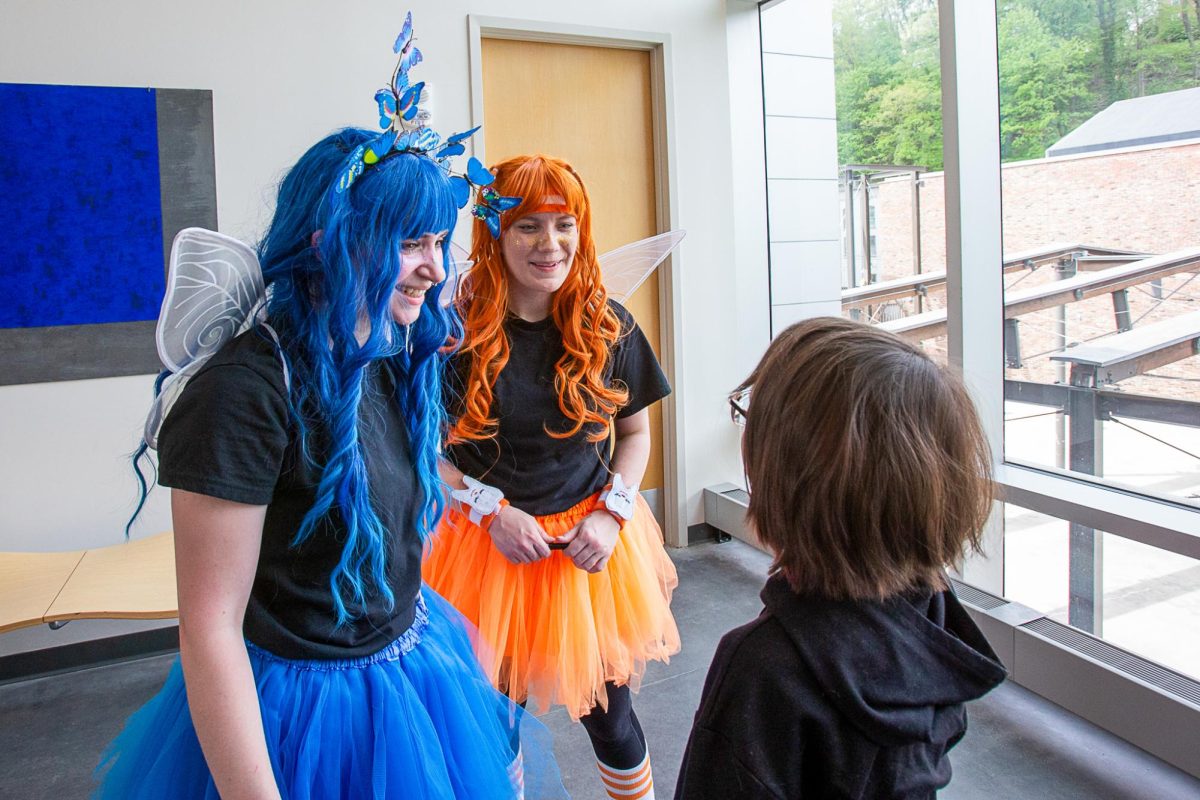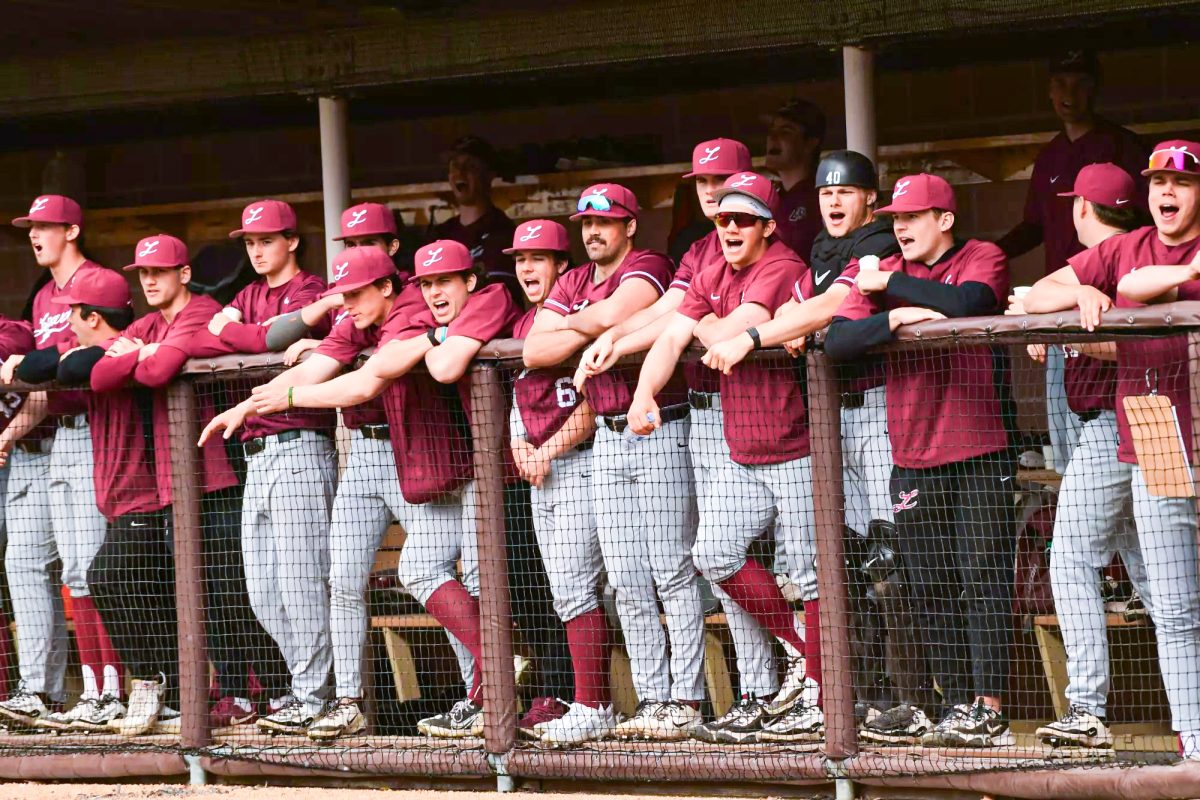Over the summer, a Florida jury of six found George Zimmerman not guilty of second-degree murder for the shooting of 17-year-old Trayvon Martin. Staff writer Matt Mitterhoff had the opportunity to sit down with John McKnight, dean of intercultural development, to talk about his thoughts and reactions to the case. The interview has been edited for length.
Matt Mitterhoff: When the verdict came out that Saturday night, what was your initial reaction?
John McKnight: To be honest, I wasn’t completely surprised. I had been loosely following the case; I wasn’t sitting there watching every moment of the trial…but I would check in with the news each night and get an update, and I saw that the evidence that was stacking up was leading down a particular path. So, the verdict itself didn’t really surprise me…that doesn’t mean I wasn’t disappointed. I think that I certainly felt a lot of the frustrations that a large segment of the population felt by the verdict.
MM: As you had time to process [the verdict], what did you think about it?
JM: It was a really hard couple days for me. Again, it wasn’t so much about the verdict as it was the whole picture. For me, it translated into “this young…African American boy’s life really had very little value,” in terms of larger society. I was really sad, actually, and I found myself being angry at times, not necessarily about the outcome, but more about all the circumstances that led up to this…for me, the racial profiling, or the age profiling, or even [the] gender profiling that took place all at that moment is what bothered me…A lot of the communities that I’m a part of were outraged by the outcome. I think many of them felt like
it really was a race based issue, and they were pretty charged about it emotionally.
MM: We were talking before the interview, and I know that you said you’re from Florida. What do you think about Florida and the “Stand Your Ground” laws that are so broad there?
JM: Yeah, my home state of Florida’s let me down a few times when it comes to politics and legal issues. [It’s] a really weird law to me. Say, for example, Trayvon Martin was the one who had the gun, and George Zimmerman didn’t. He would’ve been totally justified in shooting [Zimmerman] just the way George Zimmerman was, but I don’t know if the legal system would’ve treated him the same way. Just the fact that it’s really murky, I think, for me says that the law is a bit problematic. If they both had guns, how would we enact that law, you know?
MM: What’s the next step? Not only in a broad sense, but [also] so far as the Lafayette community?
JM: I think what I’d like to see happen…is the conversation and, sort of, exchange across differences about why this case mattered to them so much. I’m going to selfishly promote the Kaleidoscope program, which is a dialogue-based peer education group that runs out of my office. That’s one place that you can request a conversation…but I think it should also be happening in classrooms, in residence halls, pretty much anywhere where there’s a person who’s interested in this topic. Just, bring it up, and stop being afraid to bring it up. It might not be perfect, it might not be clean, but…people should just be willing to take a risk and put their opinions and perspectives out there and see what happens.


